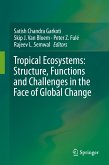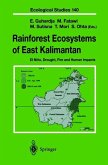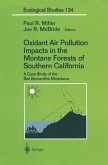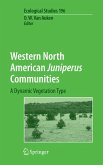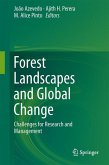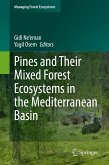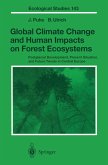Both fire and climatic variability have monumental impacts on the dynamics of temperate ecosystems. These impacts can sometimes be extreme or devastating as seen in recent El Nino/La Nina cycles and in uncontrolled fire occurrences. This volume brings together research conducted in western North and South America, areas of a great deal of collaborative work on the influence of people and climate change on fire regimes. In order to give perspective to patterns of change over time, it emphasizes the integration of paleoecological studies with studies of modern ecosystems. Data from a range of spatial scales, from individual plants to communities and ecosystems to landscape and regional levels, are included. Contributions come from fire ecology, paleoecology, biogeography, paleoclimatology, landscape and ecosystem ecology, ecological modeling, forest management, plant community ecology and plant morphology. The book gives a synthetic overview of methods, data and simulation models for evaluating fire regime processes in forests, shrublands and woodlands and assembles case studies of fire, climate and land use histories. The unique approach of this book gives researchers the benefits of a north-south comparison as well as the integration of paleoecological histories, current ecosystem dynamics and modeling of future changes.
Dieser Download kann aus rechtlichen Gründen nur mit Rechnungsadresse in A, B, BG, CY, CZ, D, DK, EW, E, FIN, F, GR, HR, H, IRL, I, LT, L, LR, M, NL, PL, P, R, S, SLO, SK ausgeliefert werden.
Praise for Veblen, T.T.; Baker, W.L.; Montenegro, G.; Swetnam, T.W's Fire and Climatic Change in Temperate Ecosystems of the Western Americas. ANNALS of the Association of American Geographers "The volume will provide an array of readers with an important factual and theoretical reference for better understanding the varied cultural and environmental aspects of fire. We can also expect that it will inspire further fire-climate research, specially in less-studied portions of the Western Hemisphere."



